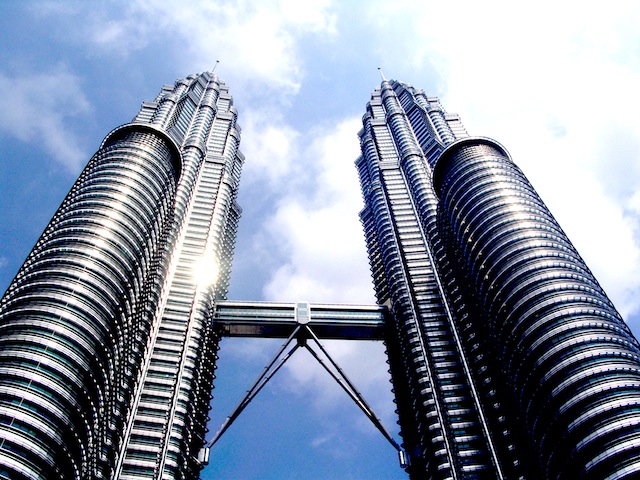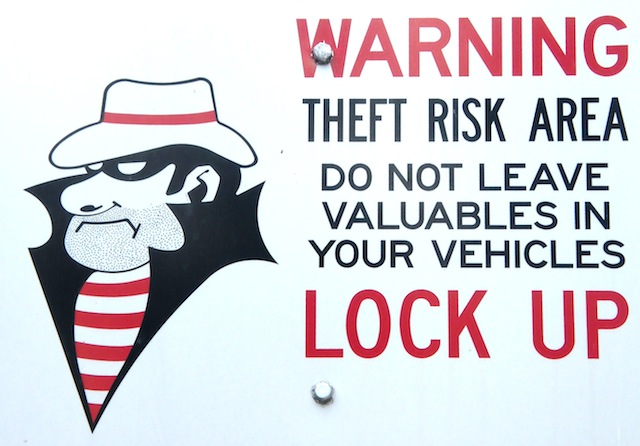“Asia’s economic resurgence is set to continue” is the bold statement at the beginning of Chapter Two of the Australia in the Asian Century report and with that the chapter immediately falls back to warm motherhood statements;
Average living standards are set to improve dramatically and transform the way people live and work. Asia’s economies are projected to expand at a strong rate. The region’s expansion and development will change the contours of Asia and the globe—opening up exciting new opportunities, while also posing some challenges.
All of this is true, however the report struggles to identify exactly what those challenges and opportunities are as Asia develops and where Australians fit into the region’s evolving economy.
Demographics will matter, but they are not destiny
The constant mantra through the report is “demographics will matter, but they are not destiny.” Yet, despite the headline, Chapter Two illustrates that so far it has been destiny.
Graph 2.6 of the report shows how Japan’s, and now South Korea’s, productivity has tailed off as the population has aged. This is to be expected when economic expansion has been based on labour intensive manufacturing, as China’s is today.
Frustratingly, the report acknowledges this with the following paragraph;
But the fruits of adopting new technology and adapting it will become harder to harvest. A point will come, though it’s still some way off, where the growth of labour productivity in developing Asian economies will slow—opportunities for gains from importing foreign technology and for shifting workers from agriculture to industry will diminish.
“Some point in the future” doesn’t wash when the rest of the chapter shows off various ‘firm’ numbers estimating ‘base’, ‘low’ and ‘high’ growth rates. If you can quantify those growth assumptions, then it should be fairly trivial to estimate the turning point where aging populations start to affect China.
Luckily others have done this work, the Australian Macrobusiness site suggests that turning point could be as early as 2015. In which case, unlike Japan and South Korea, China will have got old before it got rich.
If this true, then IMF’s projected growth rates will miss their targets – particularly the ‘low growth’ scenario which is almost identical to their ‘base scenario’.
Rise of the middle class
Much of the emphasis in this view of Asia’s development is on the rise of the middle class and the report features a case study of Hitesh, a middle class stockbroker in Ahmedabad.
While there’s no doubt Hitesh and his family’s income and standard of living are rising, the idea that several hundred million Indian and Chinese will jump to European or North American income levels before 2025 is improbable.
Most stockbrokers in New York, London or Sydney earn between 30 and 300 times Hitesh’s $5,000 a year and in 2010, average Chinese income was a tenth of the US.
Even if the Indian and Chinese middle classes did manage a tenfold growth in income over the next decade, the assumption they would adopt the debt driven high consumption patterns of the US or Australia isn’t a given as we see in how the Japanese middle classes haven’t aped the spending behaviour of their profligate Western friends.
The credit and banking points in this chapter illustrate the hubris mentioned in my original overview of Australia in the Asian Century.
And with financial systems in advanced economies unwinding the high debt levels built up before the Global Financial Crisis, financial institutions in stronger economic positions, such as those in Australia and elsewhere in the Asian region, will have opportunities to expand into new markets.
Given the dire records of Australian banks in expanding overseas along with the “stronger economic position” being due more to government guarantees during the GFC and the desperate political desire to prop up Australia’s property market at all costs, it’s difficult to see exactly what Australian institutions have to offer Asian savers except to further underwrite the never ending down under housing bubble.
Chapter two of the Australia in the Asian Century report finishes with an overview of the current geopolitical situation which is notable more for what has been left out. This is again probably due to Canberra public service politics and the report suffers for it.
One major region left out is Central Asia and Russia – outstanding given the report’s view that a resource poor Asia (that Japanese assumption again) will need Australia to fuel its energy and resources needs – which ignores the construction of pipelines and railways to China and India.
Also missed are the projects to upgrade China’s railway and road links to Europe and Central Asia. These in themselves may trigger major geopolitical changes over the next few years, as we’re seeing today in Tibet and Xinjiang after railways were built to Kashgar to Lhasa. Yet none of this is considered.
Not the ‘Stans should feel aggrieved, like the rest of the report the emphasis is on China and India with scant mention of other Asian countries.
For Australia, much of the hope in the report seems to be in providing raw materials for Asia’s industrialising and urbanising societies along with being a holiday destination and education provider. This is all lazy 1980s thinking which projects Australia’s Japanese experience of thirty years ago onto China and India today.
The predictions of Asia’s future in the Australia in the Asian Century report are largely are a continuation of the status quo. If this report had been written in 1960, it may have picked the rise of Japan over the following twenty years but the main focus would have been on Burma as Asia’s richest independent country.
Exacerbating the report’s weakness are the assumptions that development paths will follow the same course as Japan, Taiwan or South Korea in the late 20th Century.
Development wasn’t a smooth path in all three of those countries and each had their own unique political and economic upheavals in that time, the failure to recognise that similar disruptions will happen in Asia’s emerging economies as they develop is probably the greatest weakness in the entire report.
It’s very easy to draw straight lines on graphs based on ‘best case’ IMF projections but history is rarely linear. This is probably the greatest intellectual failing of the white paper.




